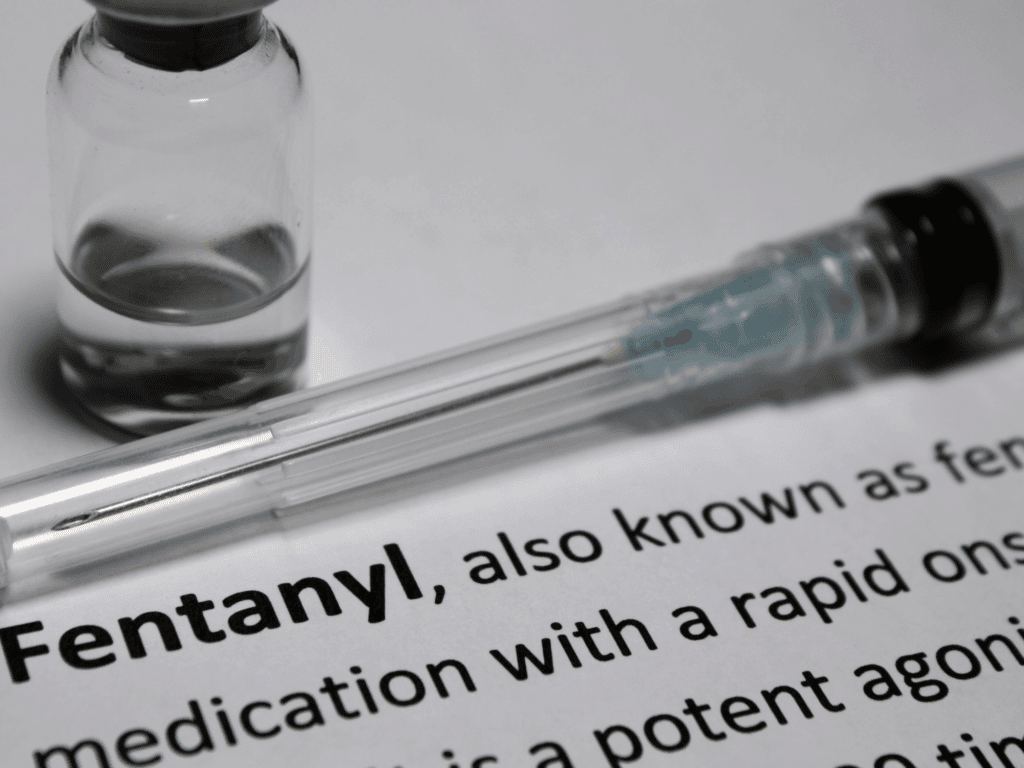Most people aren’t even aware of how bad cocaine is for you. But recently, there has been an uptick in fentanyl overdoses and not all of them are related to heroin and general opioid addictions. The drug has been showing up in overdoses of cocaine users as well. Fentanyl is synthetic opioid, typically used in medical situations for extreme cases of patients suffering full body burns, for instance, and is highly potent. Just 0.35mg of the drug can kill even a regular high dosage heroin user. Heroin and cocaine users tend to be separate groups, staying with their own preferred drug, which is has been somewhat baffling for authorities concerning the appearance of opioids in cocaine supplies. Typically, fentanyl will find its way into heroin due to it working essentially like heroin on the user but with a much higher potency.
“Nobody wants to kill off their customer. Nobody’s trying to put fentanyl in their [coke] to get their coke customers [to switch] over to heroin when their business is coke,” said Tino Fuentes, a harm reduction and overdose reversal specialist.
Hypotheses of how the dangerous opioid is ending up in cocaine all point to the dangers of illegal drug; with no regulation or safety organization to monitor and force suppliers and distributors to follow any standards that keep users safe, problems like this will always be present. The reasons being floated point to careless handling of drugs by the sellers.
“They’re not cleaning the scales. They’re not cleaning the grinders. They’re not cleaning the strainers..so whatever’s left there is going to be picked up in the first batch of coke [after processing fentanyl],” Fuentes postulates.
This lines up with the dealers having no idea their product is tainted with the highly concentrated drug. Public health researcher Dan Ciccarone recently told Rolling Stone in an interview on the subject, “Street dealers are just as clueless as the users at this point.” The problem with all of the speculation of what is happening is the fact it’s just speculation.
Keith Humphreys, drug policy expert at Stanford, said on the matter, “Lots of experts are being asked this question and making guesses, but they are all guesses. It’s quite possible that this is happening way up stream over the head of dealers, and it’s something higher up in the supply chain that isn’t very well understood.” With prescription drugs or over the counter drugs, measures are in place that prevent as much as possible bad product going out to the public. That lack of quality oversight is present in all illicit drugs; you’re never going to be quite sure if you’re getting what you pay for. Unfortunately for addicts, these concerns, although known, aren’t enough to get someone battling drug use to stay away.
If you or someone you know may be a coke user, please call Northbound addiction rehab center at 866-311-0003.
Author
-

President, CEO & Founder at Northbound Treatment Network
Paul Alexander is the CEO, President & Founder of Northbound Treatment Network in Newport Beach, California. He believes wholeheartedly in transformational leadership, organizational health and effective, fully integrated substance use disorder and mental health treatment. With over 27 years of experience in behavioral healthcare, Paul has extensive knowledge of “in vivo” treatment modalities, clinical development, operations, strategy, marketing and financial planning. He has been widely recognized for his development of collegiate-based residential treatment programs for students in recovery and authored a research study at The University of California confirming this modality’s effectiveness.
Paul’s comprehensive professional experience, willingness to innovate, and emphasis on organizational health are vital factors in Northbound’s continued success. Paul received his Certified Addiction Treatment Specialist training at Saddleback College in Mission Viejo, CA, and was awarded Outstanding Alumni Service Award in 2002. Paul holds a Bachelor of Arts degree in Criminology, Law and Society, Summa Cum Laude, from University of California, Irvine, and a Juris Doctorate degree from Loyola Law School of Los Angeles. Paul currently serves on The National Association of Addiction Treatment Providers (NAATP) board. In addition, he serves on The Family Recovery Foundation board and The CarePossible board in Orange County; both organizations are committed to raising funds for family recovery and treatment for former military personnel. Paul is in recovery himself and lives in Orange County with his wife Silvana and his two young sons, Noah and Dean.







